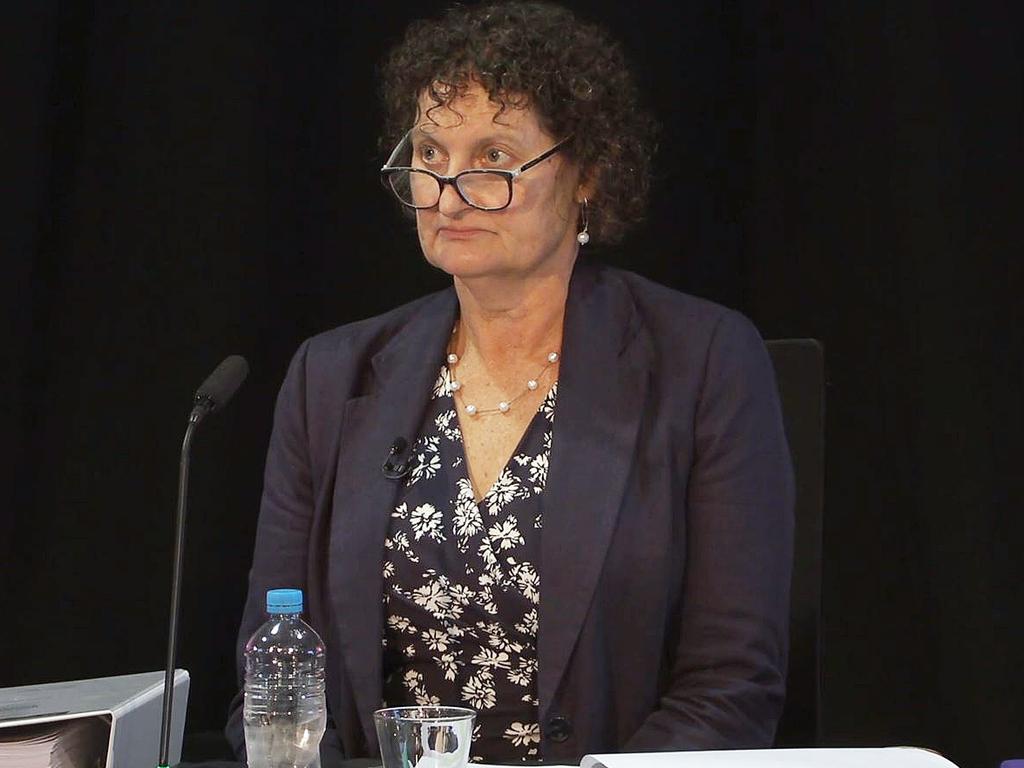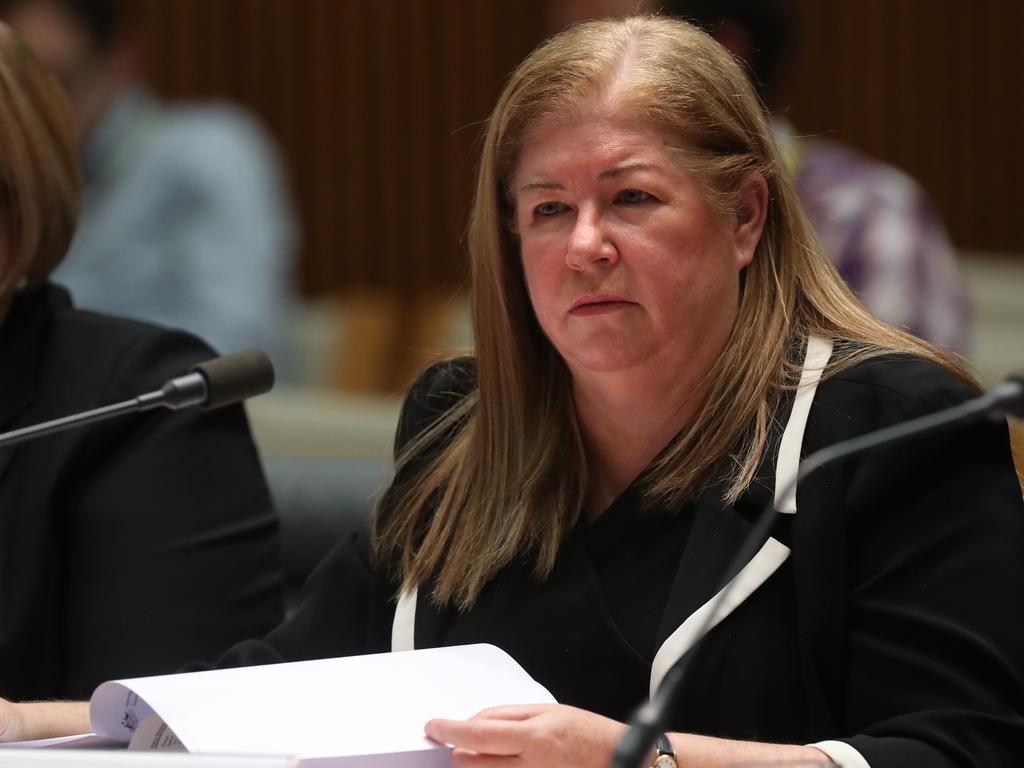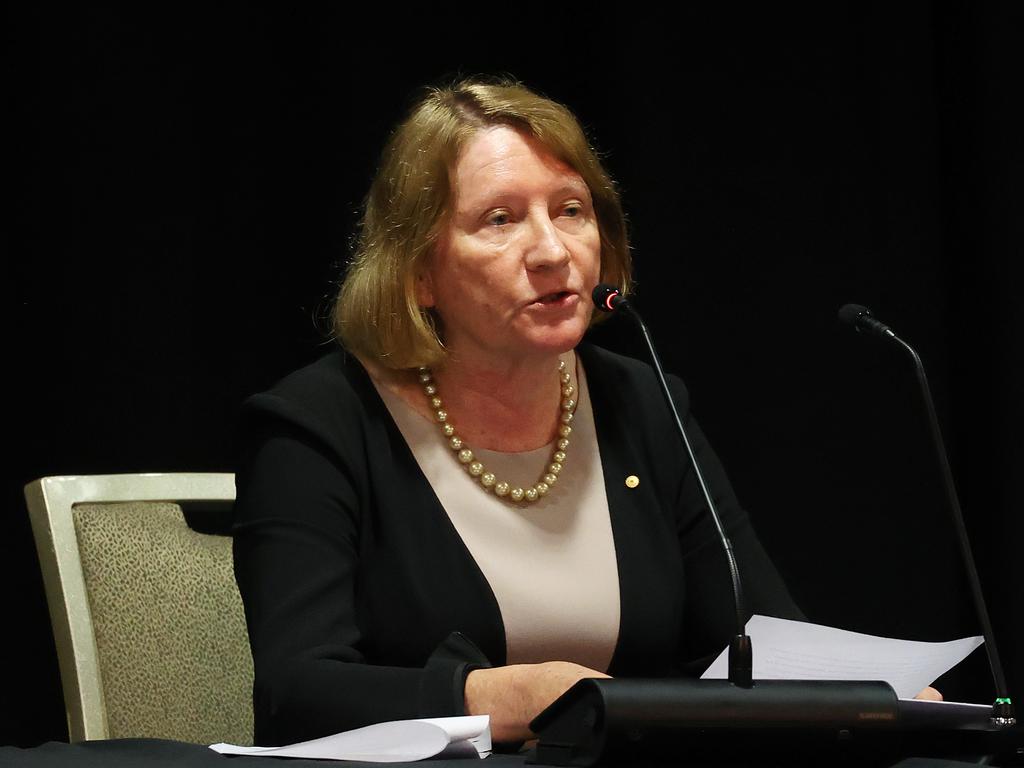Robodebt royal commission hears fear, intimidation and bullying contributed to robodebt scheme
A former social services executive has claimed fear, intimidation and workplace bullying stopped her from expressing concerns about the way the robodebt scheme was being handled.
QLD News
Don't miss out on the headlines from QLD News. Followed categories will be added to My News.
Fear, intimidation and bullying were part of the “fraught’’ working life inside a Canberra public service which allowed the failed robodebt scheme to get the green light, a Royal Commission has heard.
Former Social Services deputy secretary Serena Wilson told the Robodebt Royal Commission, which is taking evidence at the Pullman Brisbane King George Square hotel in Brisbane this week, that she had deep reservations about the proposal from its inception.
Specifically, Ms Wilson believed the use of averaging in assessing welfare recipients’ annual incomes to raise debt was unlawful, and she voiced her concerns.

But Ms Wilson said there were individuals such as Malisa Golightly, Deputy Secretary of the Human Services Department, which then administered Centrelink, who “did not like to be questioned” and whose management style intimidated her and made her feel “bullied.’’
“She was a very forceful character,’’ Ms Wilson said.
“She did not enjoy being questioned and made that pretty clear.’’
The debt recovery program – dubbed robodebt – operated between 2015 and 2019 and used the controversial averaging income technique, based on Australian Taxation Office records, to assess annual incomes of welfare recipients.
Up to 20,000 letters requesting debt payments were being sent out every week at one stage, causing emotional trauma and resulting in several cases of suicide among welfare recipients who were incorrectly identified as owing money.

The scheme, predicted to save more than $1 billion in 2014, ended in 2019 amid a $1.8 billion Federal Court legal settlement.
Ms Wilson suggested her experiences with Ms Golightly, who is now deceased, were not unusual in the public service.
Making complaints about colleagues was not an option because she believed such complaints would not meet with successful outcomes.
“It was a very fraught area in the Australian public service,’’ Ms Wilson said.
“I didn’t perceive I would be successful (in making a complaint) so I sought work elsewhere (in another government department).
Commissioner Catherine Holmes questioned why Ms Wilson did not pursue her concerns about the scheme when she realised it was going ahead with averaging.
Commissioner Holmes suggested Ms Wilson could have asked Human Services to detail how it was going to go about assessing debt without using the averaging method.
“I now ask myself that commissioner,’’ Ms Wilson replied.
“But I had a lot of other responsibilities.’’
Ms Wilson said she was operating inside a culture, and an “institutional environment,’’ which did not encourage questioning.
Commissioner Holmes said there appeared to be a few occasions when Ms Wilson could have spoken up, especially by 2016 when issues with robodebt were “put under your nose.’’

Ms Wilson consistently denied she had deliberately turned her mind away from the scheme, or that she had engaged in any attempt to cover up what had occurred during a 2017 ombudsman’s investigation.
She also repeatedly expressed regret at not pursuing the matter more vigorously.
“I wish I had scrutinised further, I wish I had asked more questions, but I didn’t,” Ms Wilson said.
The fourth and final block of the inquiry is scheduled to continue through to March 10.
The Robodebt Royal Commission was established on August 18, 2022 to inquire into all aspects of the robodebt scheme.
The commission findings are anticipated to be handed down between April 13 to June 30.




